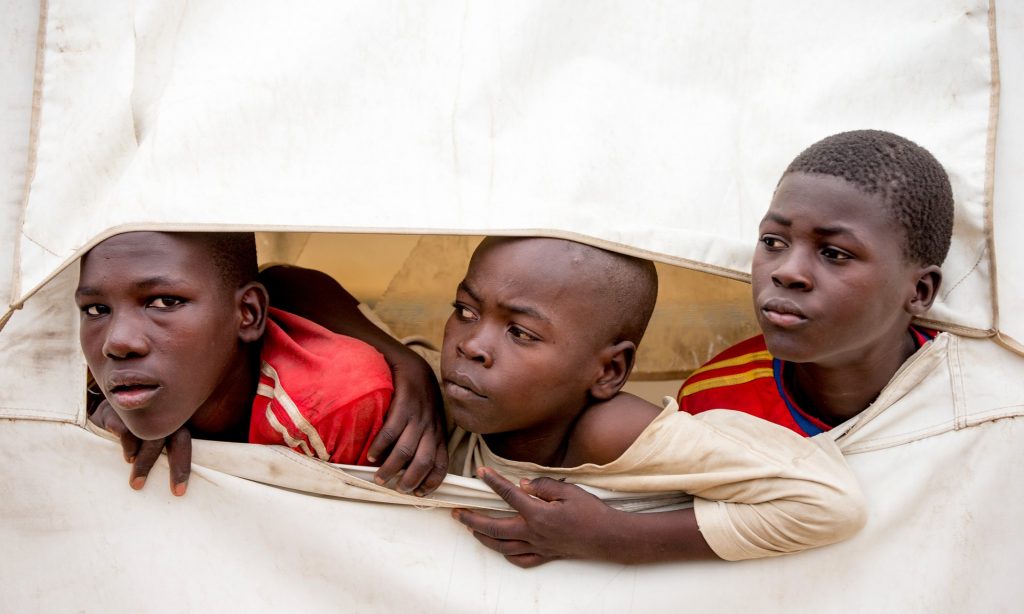
Photograph: Andrew Harnik/AP
In New York this week, in a moment sadly lacking the fanfare of their signing, comes the first test of the sustainable development goals (SDGs): the inaugural meeting of their monitoring process.
The High Level Political Forum takes place under the banner “ensuring that no one is left behind”. It’s highly encouraging that UN member states have agreed that focusing on the poorest is the most immediate priority, and countries will report on how they are responding to this new agenda.
New research quantifies how urgent this is. Using current progress on key indicators, it shows just how much harder it will be to reach some of the most relevant goals and targets if action is delayed.
We conclude that if no action is taken in the first 1,000 days of the SDGs – in other words, in the first three years up to September 2018 – then governments risk leaving people behind and failing to achieve certain goals altogether.
In Africa, today, our analysis shows that countries will need to reduce preventable child deaths at a rate of more than 7% a year between now and 2030 to meet the SDG target. But if they wait until 2018 before taking action, that rate increases to more than 9%. Currently child mortality rates in the region are declining by only around 4% a year.
If they delay until 2027 – which really would be a worst-case scenario – they will have to reduce child mortality more than four times (32%) faster than they would if they start to take action today: clearly an impossible task.
We see a similar story for education. Our calculations show that African countries need to reduce the number of children attending school for less than four years at a rate of 10% each year between now and 2030 to eliminate education poverty. If action is delayed until 2018, the rate increases to 13% per year.
Finally, if sub-Saharan Africa is to eliminate ultra-poverty – people living on less than $1 a day, an estimate of the minimum survival level – it needs to reduce levels by 10% a year if action starts today, rising to 13% if this is left until 2018.
In fact, countries can do a lot in three years to help poor and marginalised people out of poverty and exclusion. For instance, from 2010 to 2012, Senegal’s rural electrification project (pdf) increased access to electricity in 191 target villages more than five-fold, from 17,000 to 90,000.
There are examples of extraordinary progress from low income countries too. In 2007, Nepal’s interim constitution provided a legal basis to the rights of minorities and introduced quotas for members of lower castes and women. As a result, in the Constituent Assembly formed just one year later, one third of seats were held by women, including traditionally marginalised Terai Dalit women.
Advertisement
Meanwhile in Eritrea, a fragile state, there has been extraordinary success in getting previously excluded children into education. A programme launched by the government, in conjunction with Unicef, in 2007, has allowed the children of nomadic herders – a group traditionally excluded from formal teaching because of seasonal migration patterns – to attend primary school.
The programme has had remarkable success in a short space of time. Within two years, more than 5,000 children between the ages of nine and 14 were enrolled in 57 Complementary Elementary Education (CEE) learning centres across the country. Building on this success, there are now some 100 CEE centres in the country, and about 30,000 children have benefited from the programme.
So the message is clear: early action is both necessary and possible. What we need is another follow-up moment in 2018 – a high-level summit to review progress, to ensure that “leave no one behind” does not itself get left behind.

